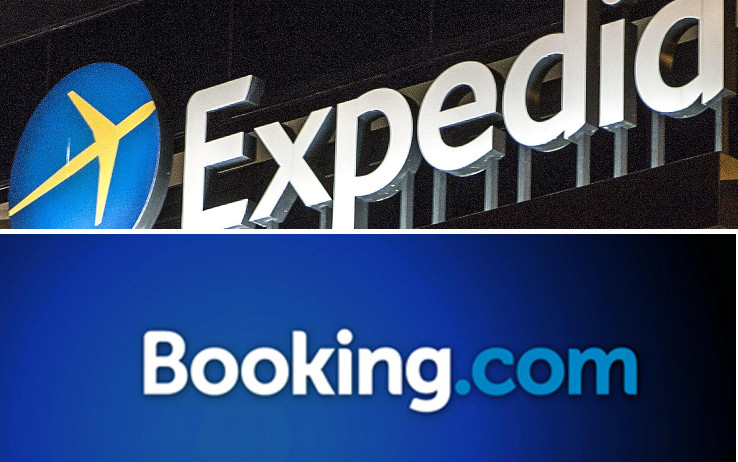When guests are trying to find you online they are often re-routed to OTA website rather than your own website to book. There isn’t much choice of OTAs with 3 companies pretty much ruling by an oligopoly. These online travel agencies are starting to rule the roost when it comes to booking online.
There’s a great quote from a blog on OTAs for consumers (Bonanza)
When you’re looking for a good-value hotel on Trivago, do you know that it’s owned by Expedia? When you’re looking for a fun holiday rental on HomeAway, do you know that it’s also owned by Expedia? When you’re looking for a cool apartment on Kayak, do you know that it’s actually owned by The Priceline Group, which owns Booking.com and because of the growth of Booking.com in 2018 renamed itself to Booking Holdings?
Suddenly, there’s not quite so much choice, is there? In fact, Expedia and Booking Holdings control a huge percentage of the online booking market. Booking.com is the biggest player on the European online travel agency (OTA) market with a 67.7 percent relative market share as of 2019. Expedia holds the second largest shares of the market, at 12.8 percent.
A monopoly is never a good thing in a market. This is definitely bad news for hoteliers as less choice means less bargaining power. Hotels are left to take OTAs diktat and take a hefty percentage of sales as well. An average commission charged by hotels is between 10 and 20% which is a HUGE loss for hotels to take. On the outset, this does look like a very grim picture for hotel owners. Hotels have been forced to cover these commissions by raising the prices of rooms, but higher room rates may be deterring guests in the budget market.
Furthermore, hotels that sign up to OTAs can not undercut those prices meaning they have to compete on things like a free breakfast or a room upgrade which doesn’t raise revenues for hotels that much. It really does put hoteliers in a corner.
To make matters worse, hotels that want better search results have to pay more money to be featured on the top of the search list on OTAs. This seems very unfair especially as consumers think these OTA ranking are based on customer reviews. It works like an expensive version of SEO that you don’t control!
In this case, hotels are better off investing in their own marketing from having a great website to boosting their websites performance through effective SEO, PPC and Meta to social media marketing and email campaigns to keep those direct bookings coming in strong.

